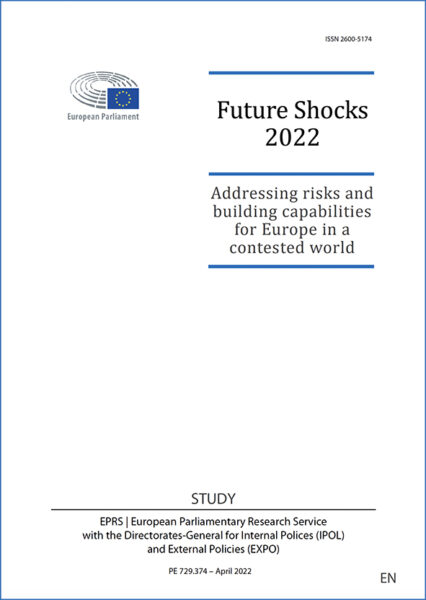The first Jean-Jacques Salomon Seminar on “Science and Politics” was held at Futuribles on 5 December 2008. Above and beyond paying homage to Salomon, the aim is to take forward his work on the complex relationship between science and society. On this occasion, Geneviève Schméder, contributing to the session on “War and Peace”, dealt with the technical aspects of the development of warfare over the recent period, showing how the theatre of war has expanded substantially in the last few decades.
This article reproduces the main elements of her presentation. It begins by recalling the circumstances in which “electronic warfare” emerged and reminding us of its foundations. Though we have entered “a new age of combat”, a military victory is no longer sufficient today to bring a war to an end. Geneviève Schméder here outlines the various obstacles to the effectiveness of ultra-modern military resources, particularly in asymmetric conflicts. These include excessive destructive power (ethically problematic to employ), an increase in the number of irregular combatants with small arms that are difficult to detect, the hi-jacking of civilian technologies for military ends, the use of modern information and communication media etc. She argues that these “weapons of the weak” render the concept of victory on the ground obsolete and make peace-keeping missions virtually impossible, particularly in a world with very rapid circulation of information and easy media access. The many developments currently observed that tend substantially to modify the paradigm of “classical” warfare force us, in Schméder’s view, to develop an entirely new culture of security, “substituting for the notion of state security a concept of human or individual security” which she describes here in broad outline.
The Problematic of War Revisited. Science, Technology and the Theatrum Belli
Cet article fait partie de la revue Futuribles n° 349, fév. 2009



